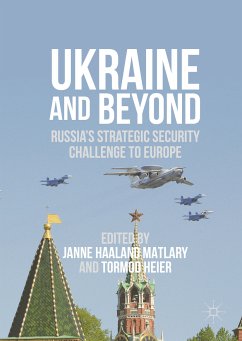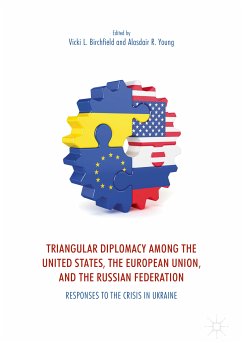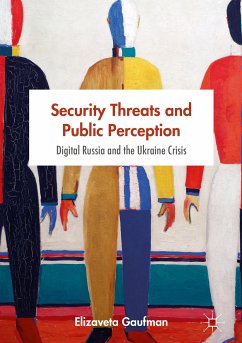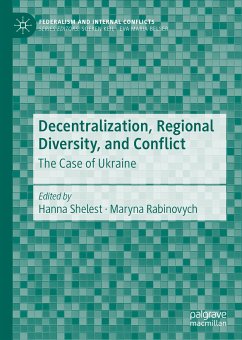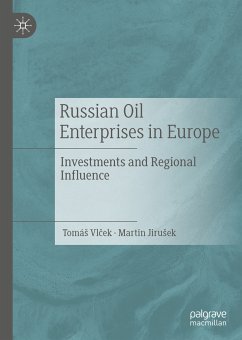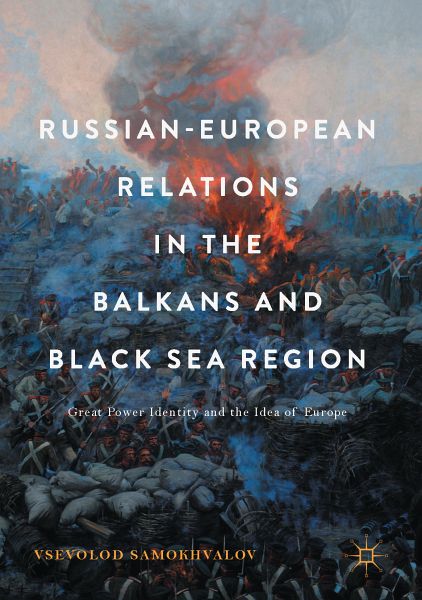
Russian-European Relations in the Balkans and Black Sea Region (eBook, PDF)
Great Power Identity and the Idea of Europe
Versandkostenfrei!
Sofort per Download lieferbar
72,95 €
inkl. MwSt.
Weitere Ausgaben:

PAYBACK Punkte
36 °P sammeln!
This book provides a detailed analysis of Russia's 'great power identity' and the role of Europe in forming this identity. 'Great power identity' implies an expansionist foreign policy, and yet this does not explain all the complexities of the Russian state. For instance, it cannot explain why Russia decided to take over Crimea, but provided only limited support to break-away regions in Eastern Ukraine. Moreover, if Russia is in geo-economic competition with Europe, why has no serious conflict erupted between Moscow and other post-Soviet states which developed closer ties with the EU? Finally,...
This book provides a detailed analysis of Russia's 'great power identity' and the role of Europe in forming this identity. 'Great power identity' implies an expansionist foreign policy, and yet this does not explain all the complexities of the Russian state. For instance, it cannot explain why Russia decided to take over Crimea, but provided only limited support to break-away regions in Eastern Ukraine. Moreover, if Russia is in geo-economic competition with Europe, why has no serious conflict erupted between Moscow and other post-Soviet states which developed closer ties with the EU? Finally, why does Putin maintain relationships with the European countries that imposed tough economic sanctions on Russia? Vsevolod Samokhvalov provides a more nuanced understanding of Russia's great power identity by drawing on his experience in regional diplomacy and research and applying a constructivist methodology. The book will appeal to students and scholars of international relations, in particular Russian-European relations, Russian foreign policy and Russian studies.
Dieser Download kann aus rechtlichen Gründen nur mit Rechnungsadresse in A, B, BG, CY, CZ, D, DK, EW, E, FIN, F, GR, HR, H, IRL, I, LT, L, LR, M, NL, PL, P, R, S, SLO, SK ausgeliefert werden.



